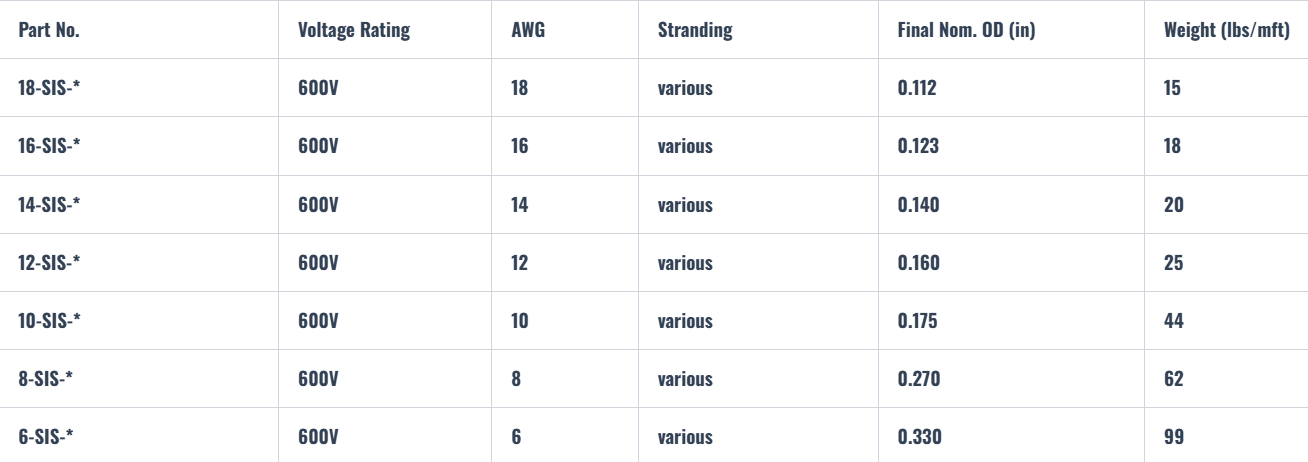Hook Up & Lead Wires

In our low temperature cable line we offer MTW, PVC, SIS, XHHW, THHN and EPDM wires and many more. Those UL wires are primarily used in dry locations of wiring electrical switchboards, control panels and electronics. They also provide heat resistance and high abrasion, making them suitable for various internal wiring applications. Temperature ratings in this category range from 90°C to 125°C employing bare or tin plated copper conductors. We offer sized based on NEC from 18 AWG to 4/0 AWG.
*Detailed specifications are available upon request.
Send an inquiry
High-quality lead wire only at CAI Wire!
A lead wire is an essential component in electrical and electronic circuits, acting as a conductor to establish connections between different parts of a circuit. Typically made from copper or aluminum due to their excellent electrical conductivity, electrical lead wires are often insulated with materials like PVC, rubber, or Teflon to prevent short circuits and ensure safety.
Lead wires are commonly used in a variety of applications. In household appliances, electrical lead wires connect internal components such as motors, switches, and control boards, enabling the appliance to function correctly. In automotive and aerospace industries, lead wires are integral to the complex wiring systems that ensure reliable communication between different parts of the vehicle or aircraft. They are also vital in medical devices, where precise and reliable connections are crucial for monitoring and therapeutic equipment. Additionally, lead wires are used in industrial machinery and equipment, providing necessary electrical connections that drive automation and control systems.
At CAI Wire we offer a variety of Hook-up and Lead wires such as: MTW, THHN, XHHW, SIS, XLPE, Switchboard wire, EPDM and PVC wire. In the tables below are provided details for some of the more popular wires, but please reach out to our team at sales@caiwire.com for any additional information.

Specifications of high temperature lead wire
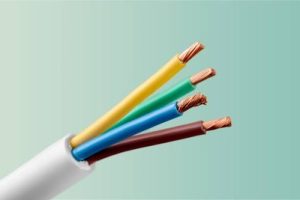
High temperature lead wire is specifically designed to withstand extreme heat while maintaining electrical conductivity and insulation integrity. Unlike standard electrical lead wires, which may have insulations that degrade under high temperatures, high-temperature lead wires are constructed with materials such as silicone, fiberglass, Teflon, or other specialized high-heat-resistant compounds. These materials enable the high-temperature lead wire to endure temperatures that can range from 150°C to over 1000°C, depending on the specific application and type of insulation used.
The primary difference between high-temperature lead wires and normal lead wires lies in their ability to perform under thermal stress. While normal lead wires are suitable for general-purpose applications where temperatures are within typical operational ranges, high-temperature lead wires are engineered for environments where heat levels far exceed these ranges. This makes them essential in situations where standard wires would fail due to insulation breakdown or reduced conductivity.
Common applications of high-temperature lead wires include industrial settings such as furnaces, kilns, and heating elements, where sustained high temperatures are routine. High-temperature lead wire is also used in the aerospace industry, where it must endure the extreme conditions encountered in aircraft and spacecraft operations. Additionally, high-temperature lead wires are crucial in the automotive industry, particularly in areas close to engines and exhaust systems where heat exposure is significant. Furthermore, they are employed in high-power lighting systems, like those used in stage and studio lighting, which generate considerable heat.
In essence, high-temperature lead wires provide the reliability and durability needed for electrical connections in high-heat environments, ensuring safety and performance where standard wires would not suffice.
What stands behind the name “lead wire THHN”?
Lead wire THHN (Thermoplastic High Heat-Resistant Nylon-coated) is a specific type of electrical lead wire known for its durability and versatility. THHN lead wire features a core conductor made of lead, copper or aluminum, coated with a thermoplastic insulation material and a nylon jacket. This construction gives the wire excellent resistance to heat, moisture, and chemicals, making it suitable for a wide range of applications.
The primary difference between THHN lead wire and normal electrical lead wire lies in the insulation and protective coating. While standard lead wires might have basic insulation suited for general-purpose use, THHN lead wires are designed to withstand higher temperatures, up to 90°C in dry locations, and provide added protection against physical and chemical wear. The nylon coating enhances abrasion resistance, making THHN lead wire more durable and longer lasting in harsh environments.
THHN lead wire is commonly used in building construction for electrical wiring in both residential and commercial settings. It is often utilized for wiring in conduit systems, which protect the wire from physical damage and environmental factors.
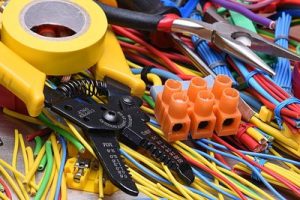
Additionally, THHN lead wire is employed in control circuits, machine tools, and various appliances where its heat resistance and durability are beneficial. THHN lead wire is also used in industrial applications, including wiring for motors, transformers, and other high-energy equipment, due to its reliable performance under demanding conditions.
Lead wire THHN is a robust, heat-resistant wire with a specialized nylon coating, making it ideal for a variety of electrical wiring applications. Its superior insulation and protective features distinguish it from standard lead wires, ensuring enhanced performance and longevity in both residential and industrial environments.
What stands behind the name “lead wire MTW”?
Lead wire MTW (Machine Tool Wire) is a type of electrical lead wire specifically designed for use in industrial machinery and equipment. It features a flexible, stranded conductor coated with a high-quality thermoplastic insulation, typically PVC, which provides excellent resistance to oils, chemicals, and abrasion. MTW wire is rated for both wet and dry conditions and can withstand temperatures up to 90°C.
The key difference between MTW lead wire and normal wire lies in its flexibility and durability. MTW lead wire is designed to endure the mechanical stress and frequent movement associated with machine tools and industrial environments. Its flexible nature allows it to be routed easily through complex machinery, reducing the risk of damage and ensuring reliable performance.
Common applications of MTW lead wire include wiring for machine tools, control cabinets, and industrial equipment. It is also used in appliance wiring, motor control circuits, and in environments where flexibility and resistance to oils and chemicals are essential. MTW lead wire’s robust insulation ensures that it can handle the harsh conditions often found in industrial settings, providing safe and dependable electrical connections.
Overall, MTW lead wire is engineered for the demanding requirements of industrial applications, offering superior flexibility and durability compared to standard electrical lead wires. This makes it ideal for use in machinery and equipment where reliable performance under mechanical and environmental stress is crucial.
Looking for high-quality electrical lead wire? Look no further than Cai Wire! We will offer you our extended range of quality electrical lead wires – MTW, THHN, high-temperature, and many more! Contact our team to get the best offers today!
 High temperature lead wire 5 - learn more
High temperature lead wire 5 - learn more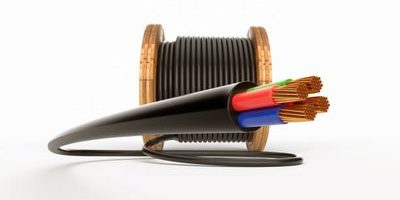 High temperature lead wire 6 - learn more
High temperature lead wire 6 - learn more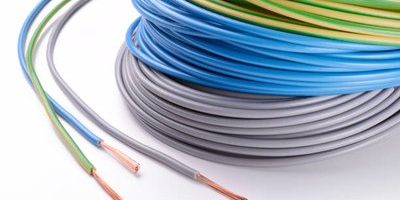 High temperature lead wire 7 - learn more
High temperature lead wire 7 - learn more High temperature lead wire 8 - learn more
High temperature lead wire 8 - learn more High temperature lead wire 9 - learn more
High temperature lead wire 9 - learn more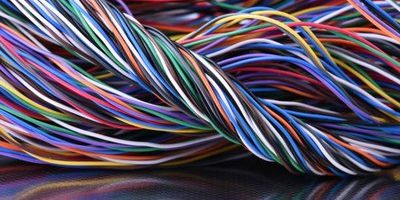 High temperature lead wire 10 - learn more
High temperature lead wire 10 - learn more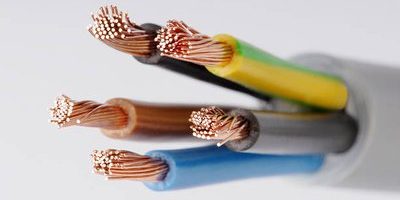 High temperature lead wire 11 - learn more
High temperature lead wire 11 - learn more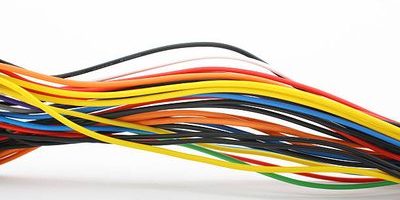 High temperature lead wire 12 - learn more
High temperature lead wire 12 - learn more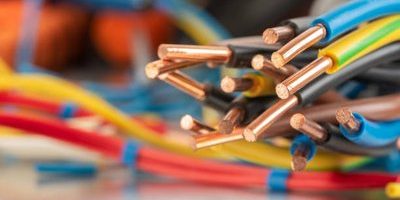 High temperature lead wire 13 - learn more
High temperature lead wire 13 - learn more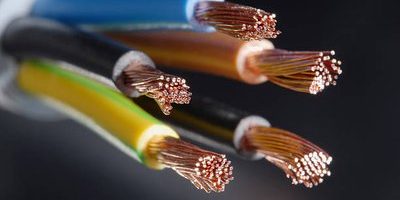 High temperature lead wire 14 - learn more
High temperature lead wire 14 - learn more Electrical lead wire 15 - learn more
Electrical lead wire 15 - learn more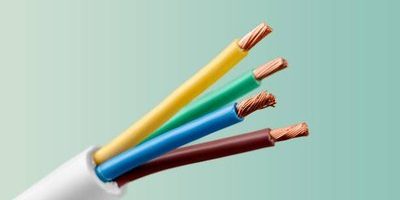 Electrical lead wire 16 - learn more
Electrical lead wire 16 - learn more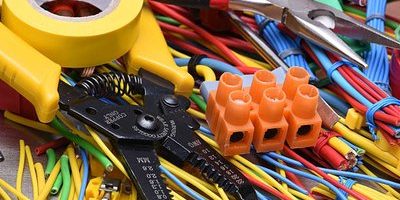 Electrical lead wire 17 - learn more
Electrical lead wire 17 - learn more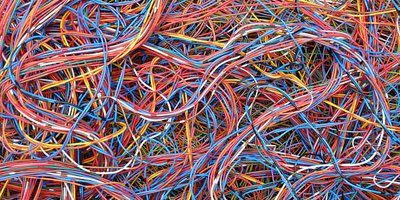 Electrical lead wire 18 - learn more
Electrical lead wire 18 - learn more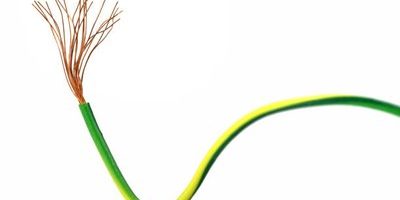 Electrical lead wire 19 - learn more
Electrical lead wire 19 - learn more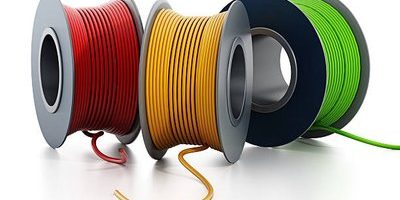 Lead wire THHN 20 - learn more
Lead wire THHN 20 - learn more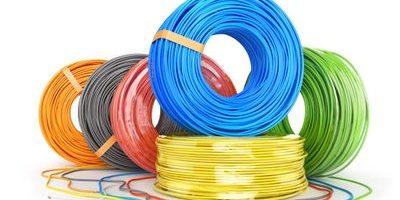 Lead wire THHN 21 - learn more
Lead wire THHN 21 - learn more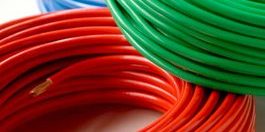 Lead wire THHN 22 - learn more
Lead wire THHN 22 - learn more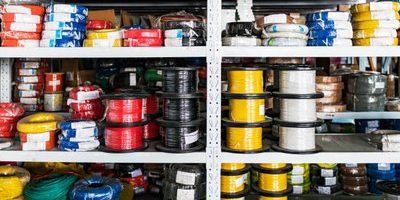 Lead wire THHN 23 - learn more
Lead wire THHN 23 - learn more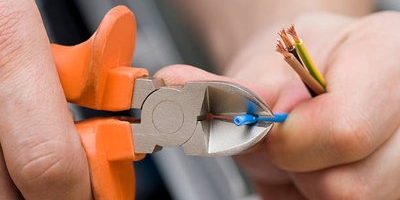 Lead wire THHN 24 - learn more
Lead wire THHN 24 - learn more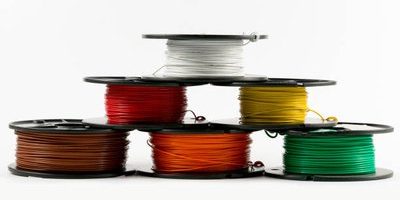 Lead wire MTW 25 - learn more
Lead wire MTW 25 - learn more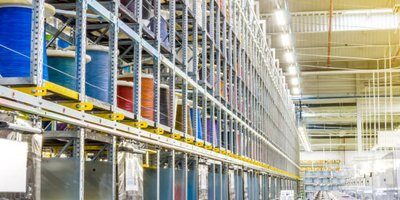 Lead wire MTW 26 - learn more
Lead wire MTW 26 - learn more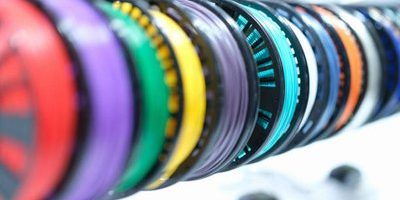 Lead wire MTW 27 - learn more
Lead wire MTW 27 - learn more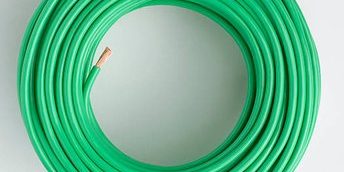 Lead wire MTW 28 - learn more
Lead wire MTW 28 - learn more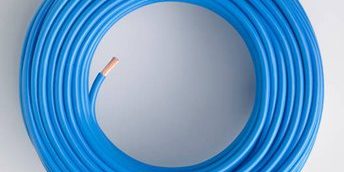 Lead wire MTW 29 - learn more
Lead wire MTW 29 - learn more Electrical lead wire 30 - learn more
Electrical lead wire 30 - learn more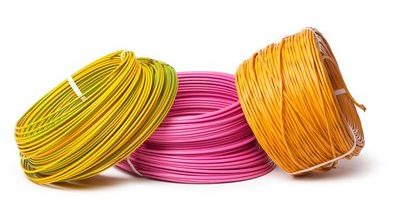 Electrical lead wire 31 - learn more
Electrical lead wire 31 - learn more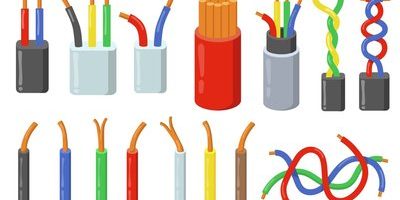 Electrical lead wire 32 - learn more
Electrical lead wire 32 - learn more Electrical lead wire 33 - learn more
Electrical lead wire 33 - learn more Electrical lead wire 34 - learn more
Electrical lead wire 34 - learn more Lead wire THHN 35 - learn more
Lead wire THHN 35 - learn more Lead wire THHN 36 - learn more
Lead wire THHN 36 - learn more Lead wire THHN 37 - learn more
Lead wire THHN 37 - learn more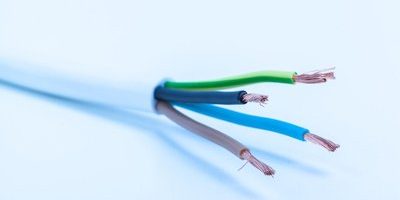 Lead wire THHN 38 - learn more
Lead wire THHN 38 - learn more Lead wire THHN 39 - learn more
Lead wire THHN 39 - learn more Lead wire MTW 40 - learn more
Lead wire MTW 40 - learn more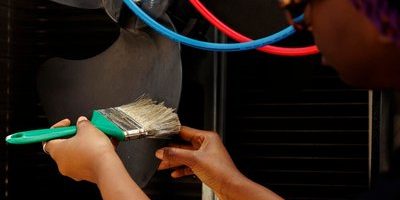 Lead wire MTW 41 - learn more
Lead wire MTW 41 - learn more Lead wire MTW 42 - learn more
Lead wire MTW 42 - learn more Lead wire MTW 43 - learn more
Lead wire MTW 43 - learn more Lead wire MTW 44 - learn more
Lead wire MTW 44 - learn more

